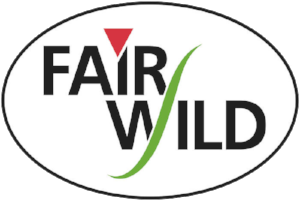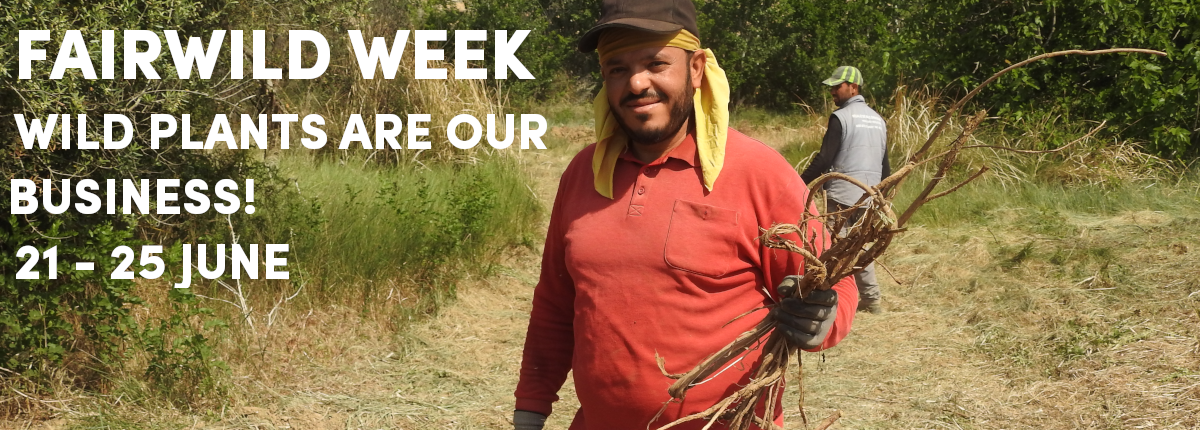Wild plants are our business: FairWild week 2021 kicks off today!
#FairWildWeek kicks off today - the time when we celebrate the role of wild plants in all our lives. Get involved with the week on social media and ask your favourite brands if they use wild!
The week contains information for both consumers and businesses to understand the benefits of sustainably managed wild-harvested trade and learn how to get involved. To start the week, you can learn more through a free webinar featured on our website called ‘Wild Plants are Our Business.’
When you’re making a cup of tea, enjoying a handful of nuts, or even taking medicine, do you ever stop to examine the list of ingredients on the back of the packet?
You may be surprised to learn that many of these products contain plant ingredients that are not farmed but instead harvested from the wild. Wild plant ingredients can be found in many commonplace foods, cosmetics and health products, including liquorice, argan oil, shea butter and Juniper.
Take a look at the back of a packet. If the ingredients list includes any of the ‘Wild Dozen’, these are most likely to be wild-harvested.
Millions of people rely on wild plant collection for their healthcare and livelihoods—from rural rosehip harvesters in Serbia to baobab fruit collectors in Zimbabwe. Consumers across the world reap the vast benefits of this harvesting.
Anastasiya Timoshyna, TRAFFIC’s Senior Programme Coordinator - Sustainable Trade
Between 60% and 90% of medicinal and aromatic plants ingredients in multiple consumer products come from the wild. These species need careful management throughout the supply chain to ensure they are not over-harvested to extinction. It is not just species at risk from harvesting – the harvesters of wild plants worldwide rely on the trade for a significant proportion of their income.
And this is where FairWild plays a crucial role. By checking for the FairWild logo, you know that the product meets the requirements of the FairWild Standard. The FairWild Standard is a set of guidelines that ensures the sustainable sourcing and ethical collection of wild plants that respects traditional harvest methods.
As a consumer, we’re calling on you to ask the brands you buy from what wild ingredients they use, where they’re from, and what they do to protect the species and the collectors involved. If you find a company that you think should become a FairWild participant, encourage them to contact us.
We are calling for companies to get involved with FairWild by using certified ingredients and taking a step towards empowering communities, committing to sustainable supply chains, and showing customers they care about the future of wild plants.
Emily King, Business Engagement Officer at FairWild Foundation
We are calling for companies to get involved with FairWild by using certified ingredients and taking a step towards empowering communities, committing to sustainable supply chains, and showing customers they care about the future of wild plants. Proudly declare your use of wild ingredients online by using the hashtag #WeUseWild.
Join us this #FairWildWeek. Take action for wild plants and the people who collect them.


